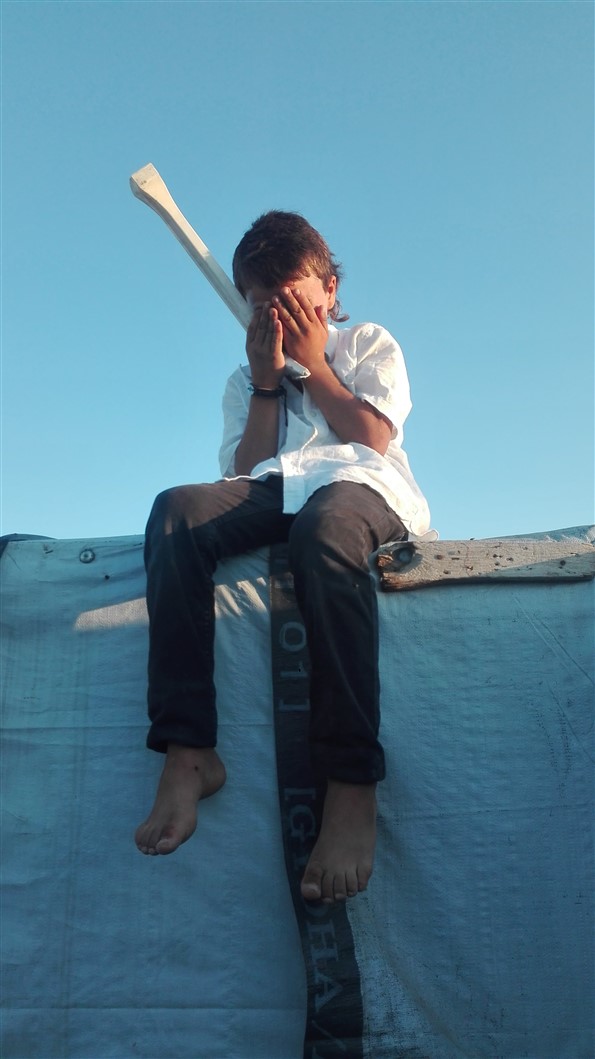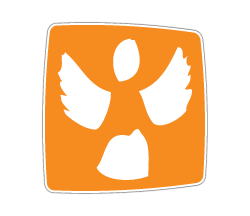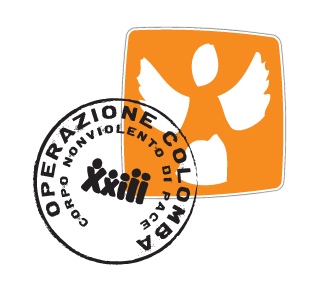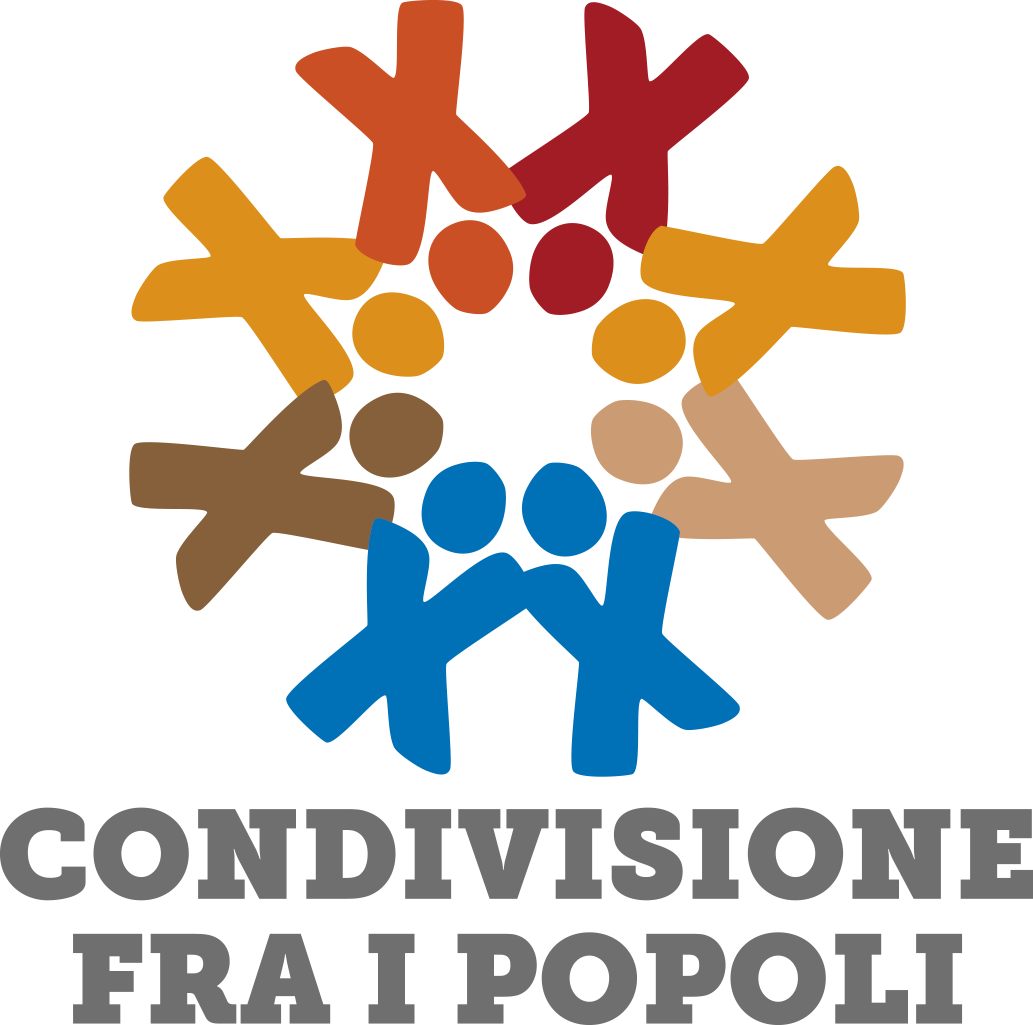 A few days ago Paola, Inès, Valerio and I went to Bebnine to visit a family that has just lost their baby.
A few days ago Paola, Inès, Valerio and I went to Bebnine to visit a family that has just lost their baby.
One of our Syrian friends had asked us to visit them a few days before, in order to understand if they needed something, or even just to meet them. We had put the request in our to-do list of visits, thinking that sooner or later we would complete all the visits, despite our hundreds things to do and the frenzy of some days at the camp.
We get inside their house. The air is thick. The baby’s mother is constantly drying tears from her eyes. She is really beautiful, with freckles on her face. She is young. The baby’s father is down on his knees, staring at the floor. Their son was 7 months old and died in the hospital of Tripoli.
His mother tells us that he had been vomiting and had had diarrhoea for days, but they couldn’t do anything because they didn’t have money.
They waited for a few days, but their baby couldn’t eat and kept feeling sick, so they borrowed some money for the taxi that would take them to hospital. First, the family went to Al Kheir hospital, where they didn’t accept the baby because the family didn’t have enough money for the admission fee, and because they knew that they probably not be able to find it.
The second hospital didn’t admit him, too. “We could see he was dying, and we couldn’t do anything to save him”, his mother tells us.
The child was finally admitted to the Hospital of Tripoli, even if they had to wait for hours. His father tells us that the baby spent hours in his arms vomiting and crying while they were waiting for the UN employee to come. In fact, the UN office was closed, and nobody knew why. Once they finally admitted him, the baby spent the whole night in the hospital, but he died the following day.
When they tell us that the doctors didn’t want to cure him because his family didn’t have the money to pay, I can’t believe it. O. died of a diarrhoea, his body was so little that it dehydrated very fast.
His mother tells us that she has been waiting for us for a very long time, but she doesn’t say it in an accusing tone. Still, a part of me thinks she should.
Maybe, if we had visited them before, we could have done something to help them. In fact, some Italian doctors had visited us just the week before.
Maybe, if we had known it was such an important matter we wouldn’t have put it off, letting it become one of the hundred million things to do.
Maybe, if we had taken the baby to the hospital, they would have admitted him immediately, and maybe just a single drip could have spared O.’s life, so that the air would not be so thick now and we could say that at least this story, in the middle of horror and despair, had a happy ending.
Maybe we would now be watching him playing, instead of looking at the pictures which his mother shows us on the phone and which make his little sister cry.
But there’s no place for maybes, here. They just hurt you and add to the burden we are already carrying.
The chain of maybes is dangerous here. You start by saying that maybe a fairer system would have prevented this situation from happening. Or maybe a more caring doctor. Or maybe a honest politics which takes care of people. Or maybe a strong social network which accepts and helps people. Then you move on to say that maybe a system of international politics which recognises human rights could have spared O.s life. Or maybe a public opinion which is more concerned about other people’s needs, no matter where they are and what they are doing. But in this way you would never close the chain. And if I start adding too many maybes, then I get lost and I forget that the world is not as I would like it to be.
There’s no place for maybes here. You just have to be here and stay here. That is all.


 OPERAZIONE COLOMBA
OPERAZIONE COLOMBA
